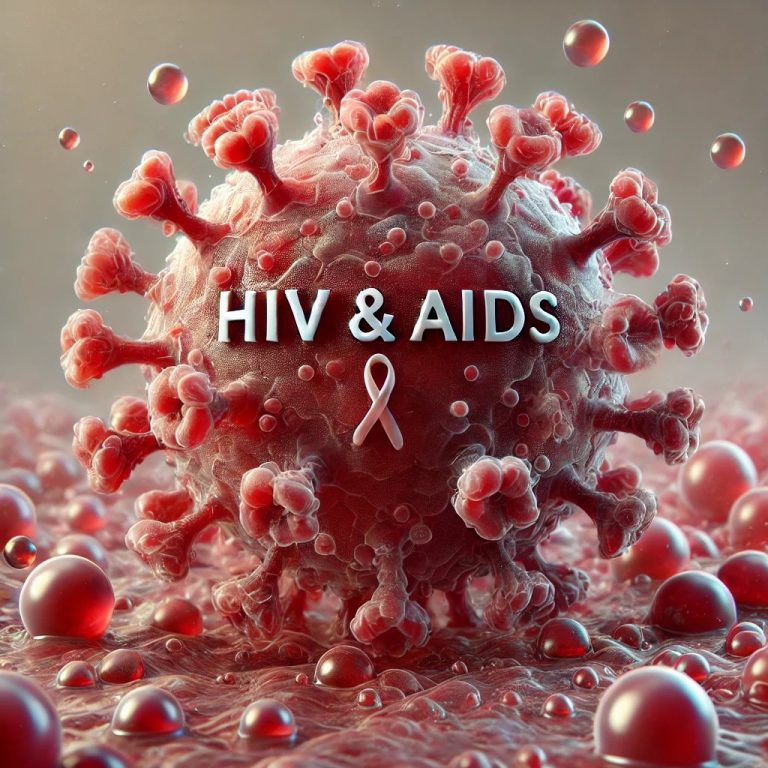A non-governmental organization, AIDS Healthcare Foundation (AHF), along with other civil society groups, has asked for more local funding to fight HIV and Tuberculosis (TB).
The Network of People Living With HIV/AIDS in Nigeria (NEPWHAN) also stressed the importance of making the anti-stigma and anti-discrimination law part of state laws.
They made these calls during a meeting in Abuja called the “CSO Financing Dialogue,” which focused on funding and the need for states to adopt the anti-stigma law.
Back in 2001, African Union countries signed the Abuja Declaration, promising to spend at least 15% of their national budgets on health to fight HIV/AIDS, TB, and malaria.
This declaration also urged rich countries to give 0.7% of their income to help developing countries through official aid.
Even though African countries made this promise, most have not met the 15% goal, and progress has been very slow.
Now that many global donors are pulling back support, participants at the event said lawmakers should revisit the Abuja Declaration and find ways to make it work.
NEPWHAN’s National Coordinator, Abdul Kadir Ibrahim, said it’s time for Nigeria to find local ways to fund HIV, TB, and malaria programs. He also said states need to pass the HIV anti-stigma law.
He explained that changes in US government policy have shown that Nigeria must depend more on itself and use its own resources to fund health programs, especially HIV care.
Kadir said that right now, around 80–85% of HIV funding in Nigeria comes from foreign aid, mostly from the US, with about 35% from the Global Fund and others. Nigeria’s own government provides less than 15%.
He also said it’s important to include people living with HIV in the National Health Insurance Scheme to make progress sustainable.
He reminded people that the free drugs many receive are paid for by taxpayers in other countries. So Nigeria must start taking responsibility for its own healthcare.
He stressed that HIV is still a major issue, and more needs to be done to close the gaps in treatment and support in order to end the disease by 2030.
Also at the event, the Chairman of the House Committee on HIV/AIDS, TB, Leprosy and Malaria, Godwin Ogah, said the meeting was important for creating real plans to raise local funding and support the anti-stigma law in Nigeria.
He said Nigeria needs about \$8 billion every year to keep fighting HIV/AIDS. But with recent global funding cuts—especially from the US—there will be big challenges unless Nigeria increases its own funding.
Ogah said the US cutting its support might be a hidden opportunity. It should push the Nigerian government to take full control of its health funding instead of relying on outside help.
He added that since foreign donors began pulling back, both government and private groups in Nigeria have started talking about how to improve local funding. Many great ideas have come up, but now they need to be organized and, if necessary, supported by new laws.
A representative from the UN, Dr. Muphy Akpu, said HIV affects many parts of people’s lives and that the Nigerian government must act seriously to fix these problems.
He also said Nigeria should start making its own HIV medicine to help deal with the situation better.
AHF’s Country Program Director, Dr. Echey Ijezie, said the meeting is a good way to suggest practical solutions to the problems Nigeria faces with HIV.
He also said AHF will keep supporting its partners to help fight HIV in the country.


